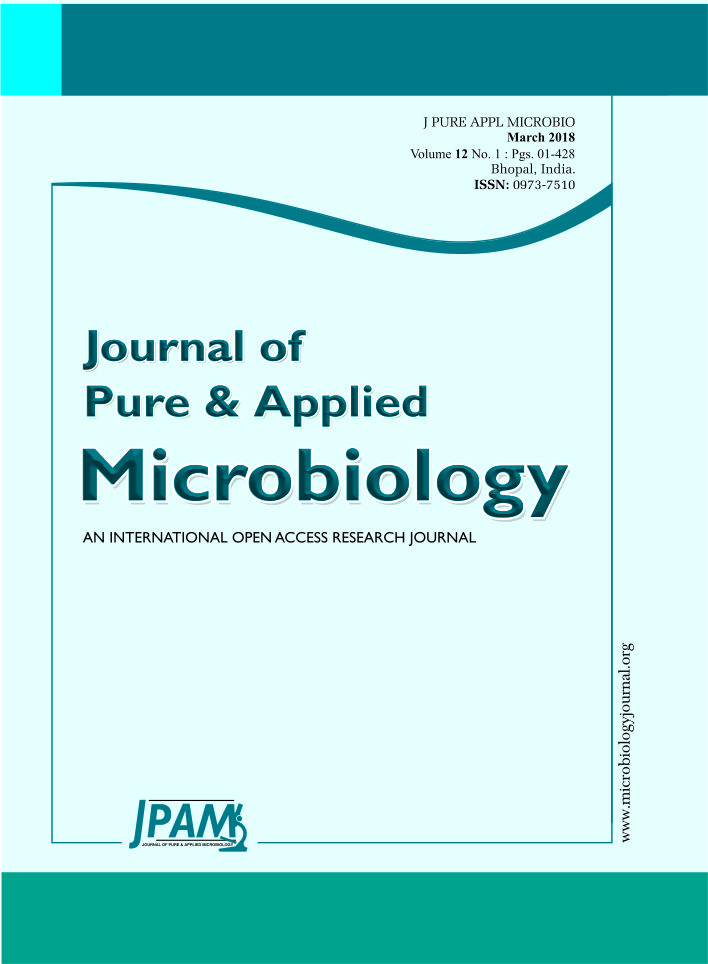Adaptive Behavior Change Prevention Program for Diabetes Mellitus by Applying Prevention Motivation Theory with Teaching and Public Health Counseling. Amphoe Ongkharak Nakhon Nayok This research was a quasi-experimental research. The experimental group consisted of 34 people aged 35 years and older who were diabetic. Before-After one group design was used to collect data. The data were analyzed by frequency, percentage, mean and standard deviation. Paired Samples t-test and Pearson Product Moment Correlation Coefficient. The results of the study revealed that the experimental group had demographic characteristics. The demographic characteristics of the experimental group were mostly 70.6 percent women aged 50 years and over. 85.3 major occupations were farmers, 44.1 percent had diabetes. Most of the patients had hypertension (44.1%), diabetic eye disease (20.6%), and comparison of mean scores in the experimental group before and after the experiment. Statistics at 0.05. When analyzing the relationship between the variables studied and their practice in preventing complications from lung disease. It found no relationship. The results of this study conclude that the behavioral modification program for preventing complications from diabetes by applying preventive motivation theory to health counseling techniques. Can change the behavior of diabetes prevention complications.
Behavioral modification, prevention, control, diabetes mellitus and preventive motivation.
© The Author(s) 2018. Open Access. This article is distributed under the terms of the Creative Commons Attribution 4.0 International License which permits unrestricted use, sharing, distribution, and reproduction in any medium, provided you give appropriate credit to the original author(s) and the source, provide a link to the Creative Commons license, and indicate if changes were made.


